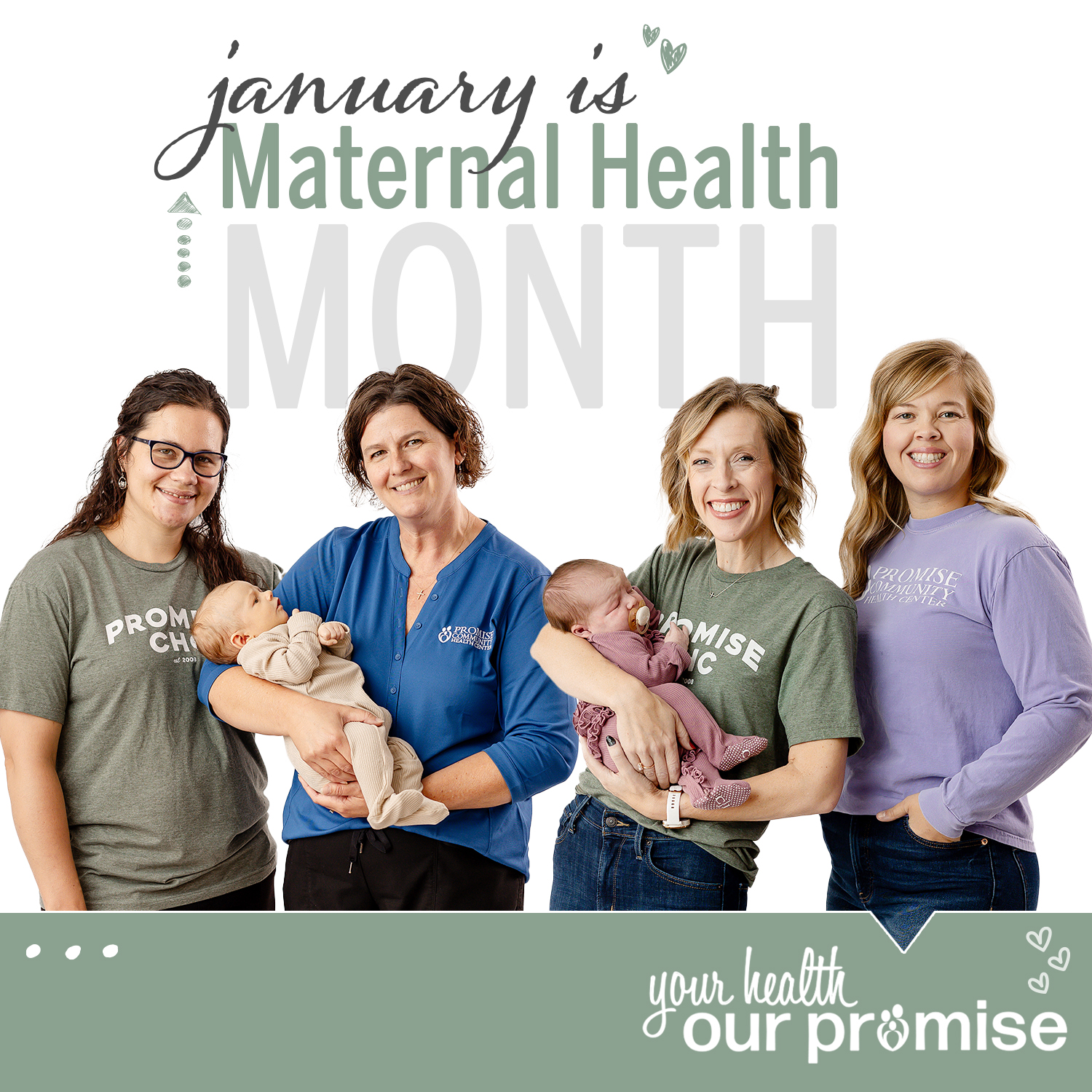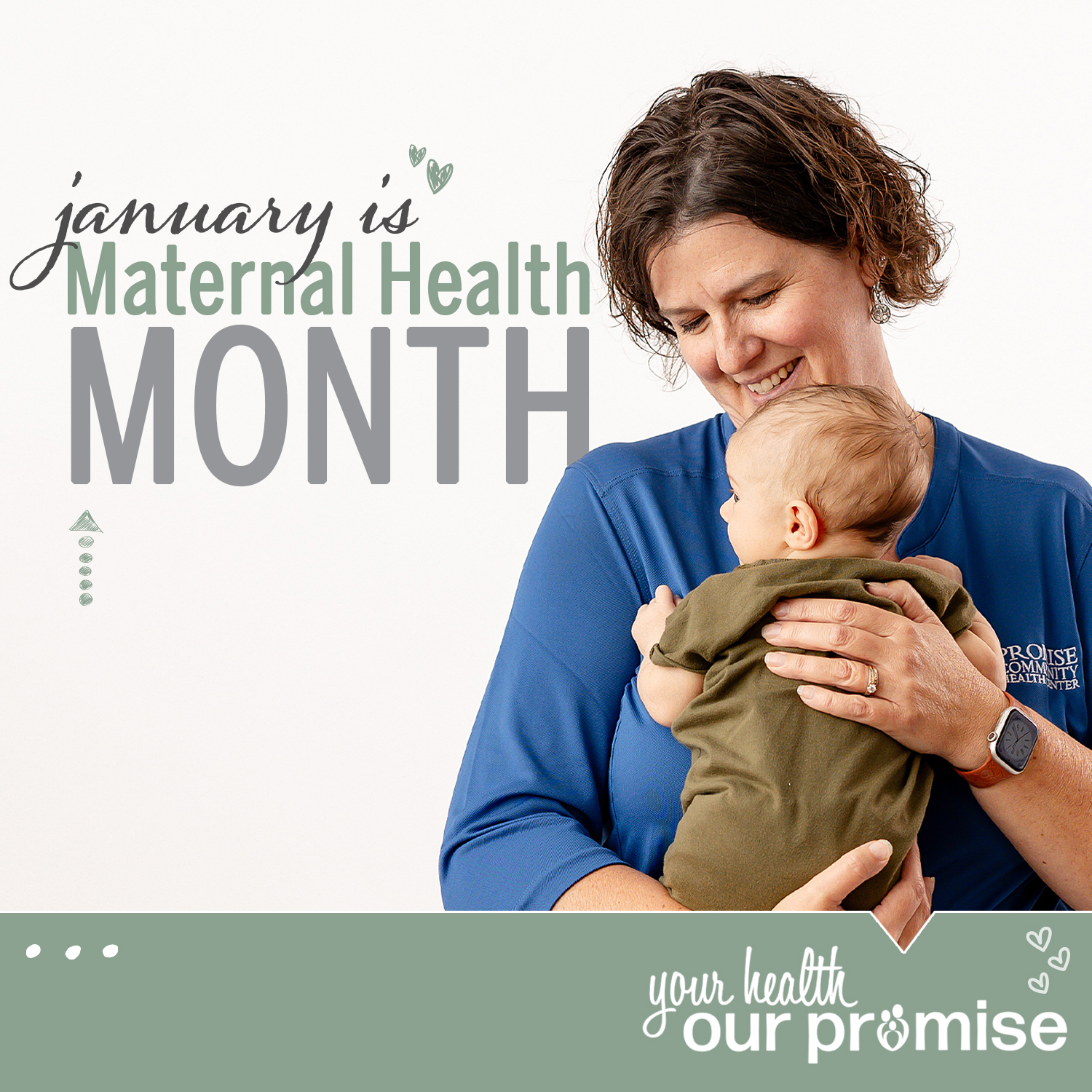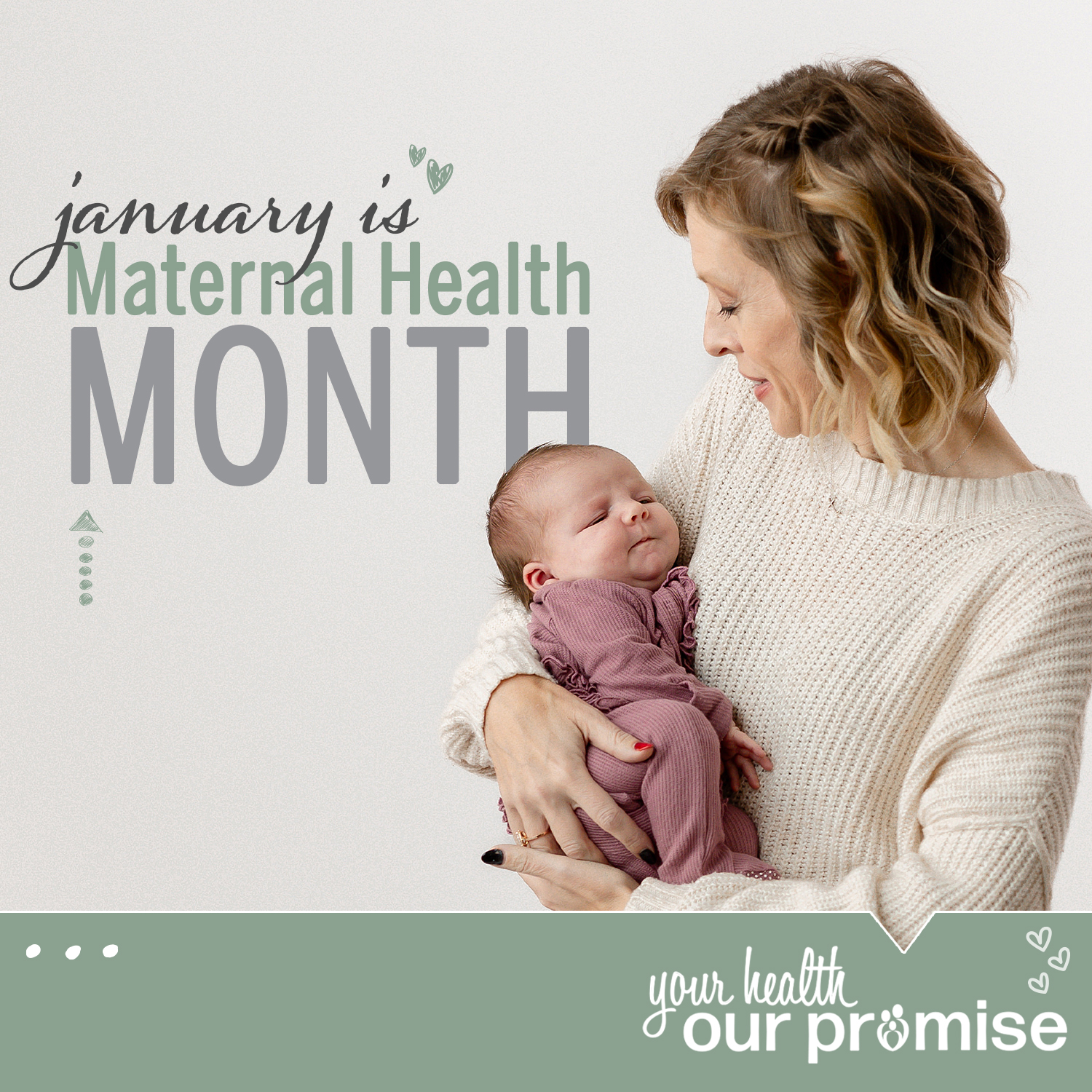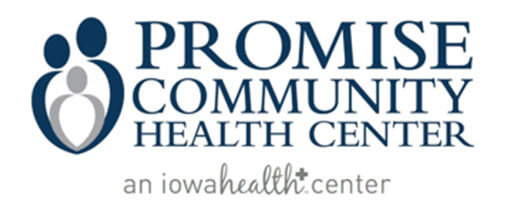
January is Maternal Health Month, a time to focus on the well-being of mothers before, during, and after pregnancy. At Promise Community Health Center, we are committed to providing compassionate, high-quality care to support every mom on their journey to a healthy pregnancy and beyond. Whether you’re planning for pregnancy, expecting, or navigating postpartum life, our team is here to offer the care and resources you need.
Maternal health is about more than just prenatal check-ups—it’s a lifelong journey that includes physical, emotional, and mental well-being. Proper maternal care can help prevent complications, ensure healthy development for the baby, and provide support for new moms adjusting to life with a newborn.
Taking care of your health before, during, and after pregnancy is one of the best things you can do for yourself and your baby. Here are a few key maternal health tips to keep in mind:
- Stay on top of prenatal care: Regular check-ups with your healthcare provider help track your baby’s development, manage any health conditions, and address concerns early. Routine prenatal visits can prevent complications and keep both mom and baby healthy.
- Eat a balanced diet: Fuel your body with nutrient-rich foods like fruits, vegetables, whole grains, and lean proteins to provide essential vitamins and minerals for your growing baby. Don’t forget key nutrients like folic acid, iron, and calcium to support healthy development.
- Stay active: Engaging in safe, moderate exercise—such as walking, swimming, or prenatal yoga—can improve circulation, boost your mood, and help with common pregnancy discomforts. Always consult your provider to ensure the right level of activity for you.

- Get enough rest: Pregnancy and postpartum recovery require extra rest, so prioritize sleep and relaxation. Your body is working hard, and getting enough rest helps with healing, energy levels, and overall well-being. Consider short naps and a consistent bedtime routine.
- Stay hydrated: Drinking plenty of water helps maintain healthy blood flow, supports amniotic fluid levels, and reduces pregnancy-related discomforts like swelling and constipation.
- Know the signs of postpartum depression: It’s normal to feel overwhelmed, but if you’re experiencing persistent sadness, anxiety, or mood swings after birth, don’t hesitate to reach out for help. You are not alone, and support is available to help you through this transition.
- Keep up with postpartum care: Your health journey doesn’t stop after delivery—attending postpartum visits ensures you’re healing well and adjusting to motherhood.

According to the Centers for Disease Control and Prevention (CDC), access to quality maternal care can significantly reduce pregnancy-related complications and improve long-term health outcomes for both mothers and their babies. At Promise, we believe that every woman deserves access to care that empowers her to have a safe and healthy pregnancy.
We understand that maternal health doesn’t end at delivery. The postpartum period is critical for recovery and adjustment to new motherhood. Our team provides continued support through postpartum check-ups, lactation consulting, mental health services, and more.

